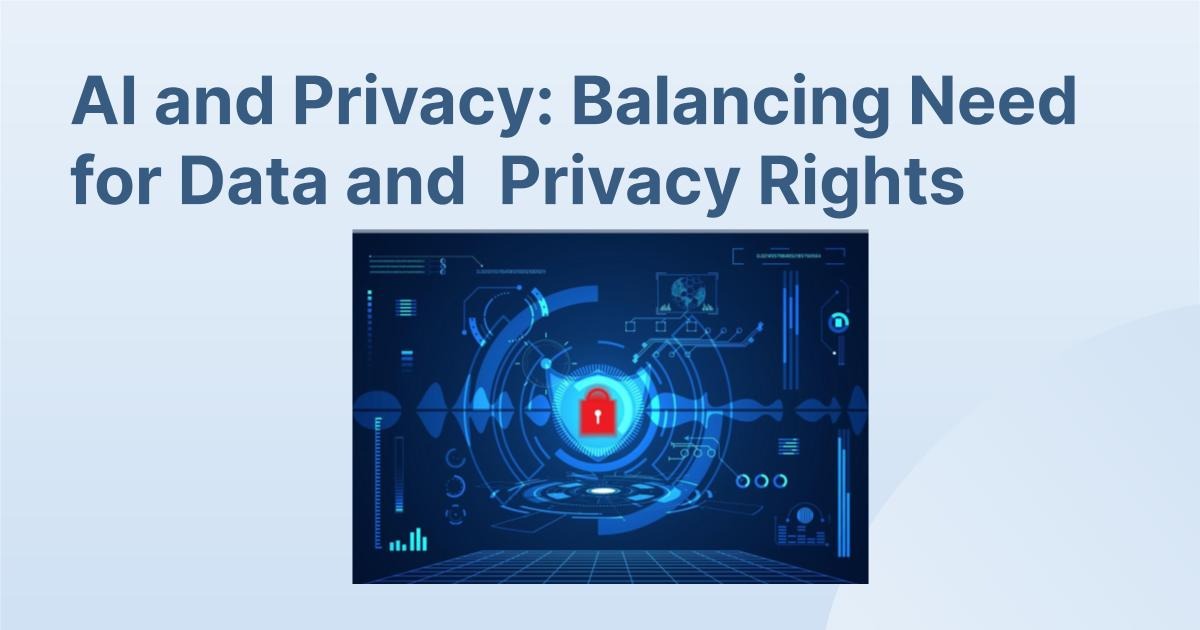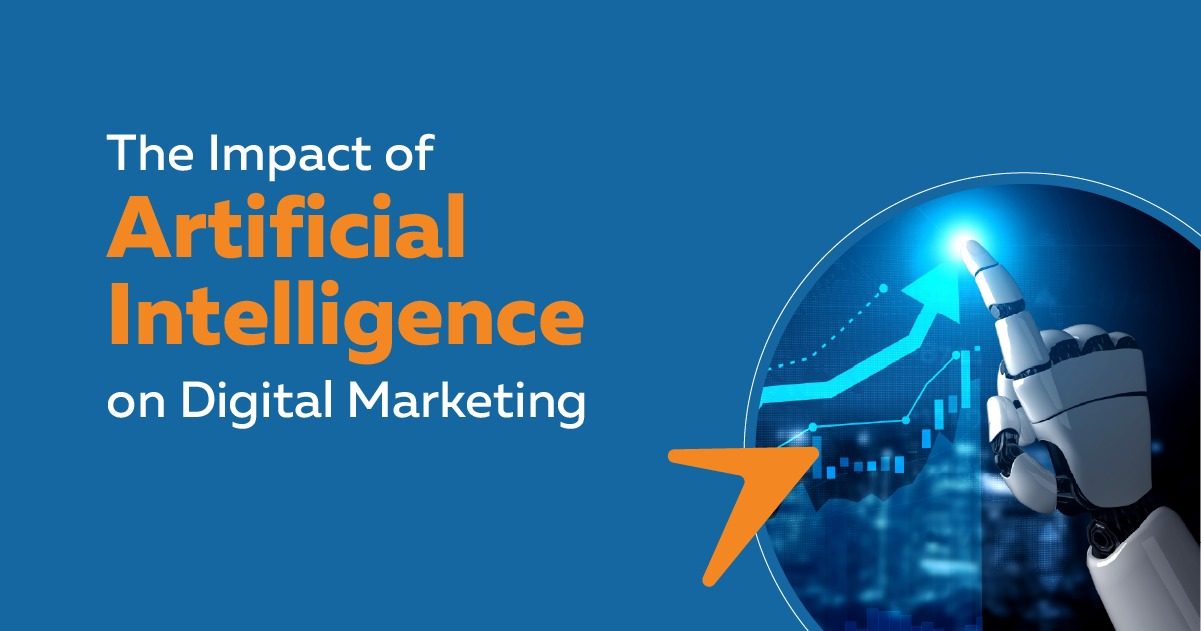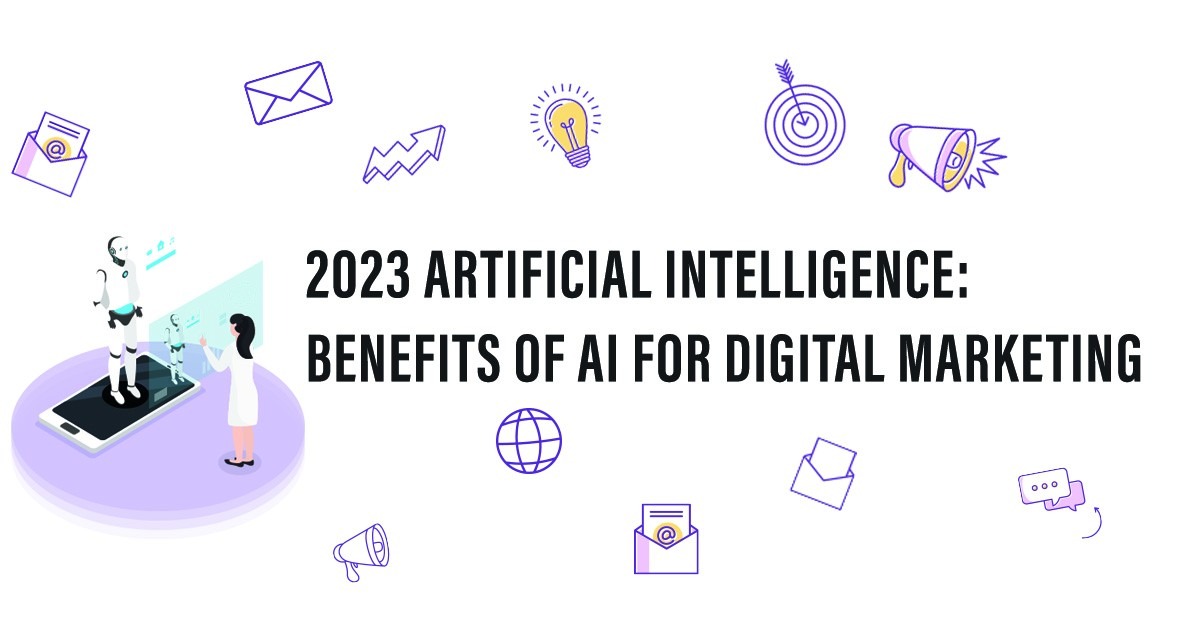AI systems are developing faster than ever, are on the rise, and are evolving rapidly, as are ethical privacy concerns in AI marketing. According to the Deloitte study, 94% of respondents believe that there is no longer a path to success without AI (!!). And of course, the worlds of SaaS and digital marketing are keeping pace with the Transformation of AI.
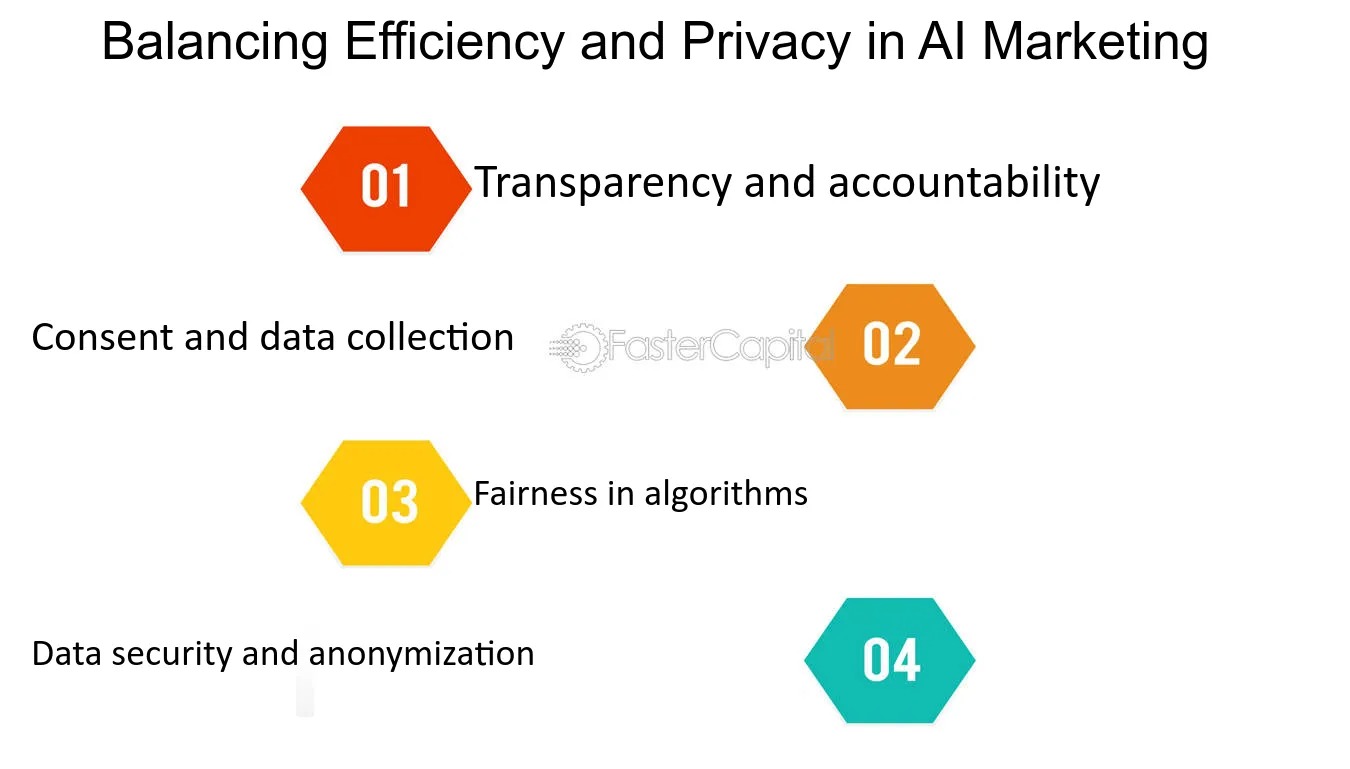
AI continues to progress, as do the ethical and privacy concerns related to its use in SaaS tools. This blog post explores the intersection of privacy, ethics, and AI in SaaS platform marketing. We will take a closer look at the challenges and opportunities of finding the right balance between privacy, innovation and the responsibility of using AI safely in the digital marketing landscape.
AI marketing and SaaS data security
AI Marketing is Marketing based on artificial intelligence (AI). It automates decision-making based on data and trends. SaaS tools take advantage of AI marketing to analyze customer data and profiles, send personalized messages, create personalized ads and create data-driven campaigns, all with remarkable efficiency.
In Marketing, AI manages tasks without human intervention. Varied use cases include data analysis, natural language processing (NLP), prediction of optimal ad placements, automation of decision making, content generation and real-time personalization.
SaaS tools for agencies are also being transformed by this emerging technology. AI improves the decision-making and prediction capabilities of SaaS systems.
For example, HubSpot uses AI as an example for sales activation. According to Supercharge Your Work with the HubSpot page, the SaaS tool uses AI to predict the closing of prospects, suggest optimal email delivery times, improve CRM data and recognize names in Live chats, streamline processes and increase efficiency.
What is the ethics of AI?
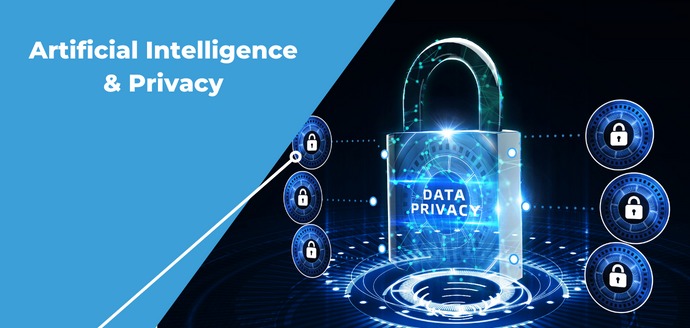
AI ethics examines the ethical implications of AI use cases and technologies. Although AI offers unimaginable size and opportunities to industries around the world, it also carries a huge risk. By studying these enormous benefits and risks, AI ethics develops principles and guidelines for the responsible development and implementation of AI.
See below HubSpot product managers discuss the ethical concerns of AI.
5 principles of AI ethics to reduce potential harm
As AI systems appeared in all aspects of each industry and streamlined processes, the speed of adoption soared. In this frenzy, some companies do not consider the ethics of AI important. This monitoring can endanger your operations.
To ensure safe and rapid AI-powered growth, SaaS leaders must prioritize ethical and responsible AI practices. So that you can guarantee safe and responsible use while optimizing internal processes.
Here are 5 key principles of AI ethics,
Transparency
It is important to ensure that AI systems are transparent, understandable and explainable. Explainability means making AI and ML models easy to understand. If we can explain how AI models work, it may be possible in any company that uses an AI system to keep processes together and connect them to each other.
Responsibility
It is necessary that there is a responsible Address in case of damage or damage resulting from the actions of an AI executive. This means that responsibility is an inseparable aspect of AI ethics principles.
Equity
The fair use of AI systems is a fundamental principle of AI ethics. Organizations are obliged to develop and employ AI without prejudices that could lead to any form of discrimination. This principle prevents autonomous decisions from creating prejudices.
Reliability
AI should be viable. With data sources constantly evolving, continuous monitoring and validation of AI/ML results is essential to keep up with the evolution of data sources. With the wider implementation of AI / ML, the reliability of algorithms becomes even more important due to their extensive application throughout the company.

Confidentiality And Security
The growing concern for technical security does not come out of the blue, there is an increase in attacks on organizations and sensitive data. Protecting AI systems from these threats and preparing for potential risks are essential to build customer trust and protect internal assets.

